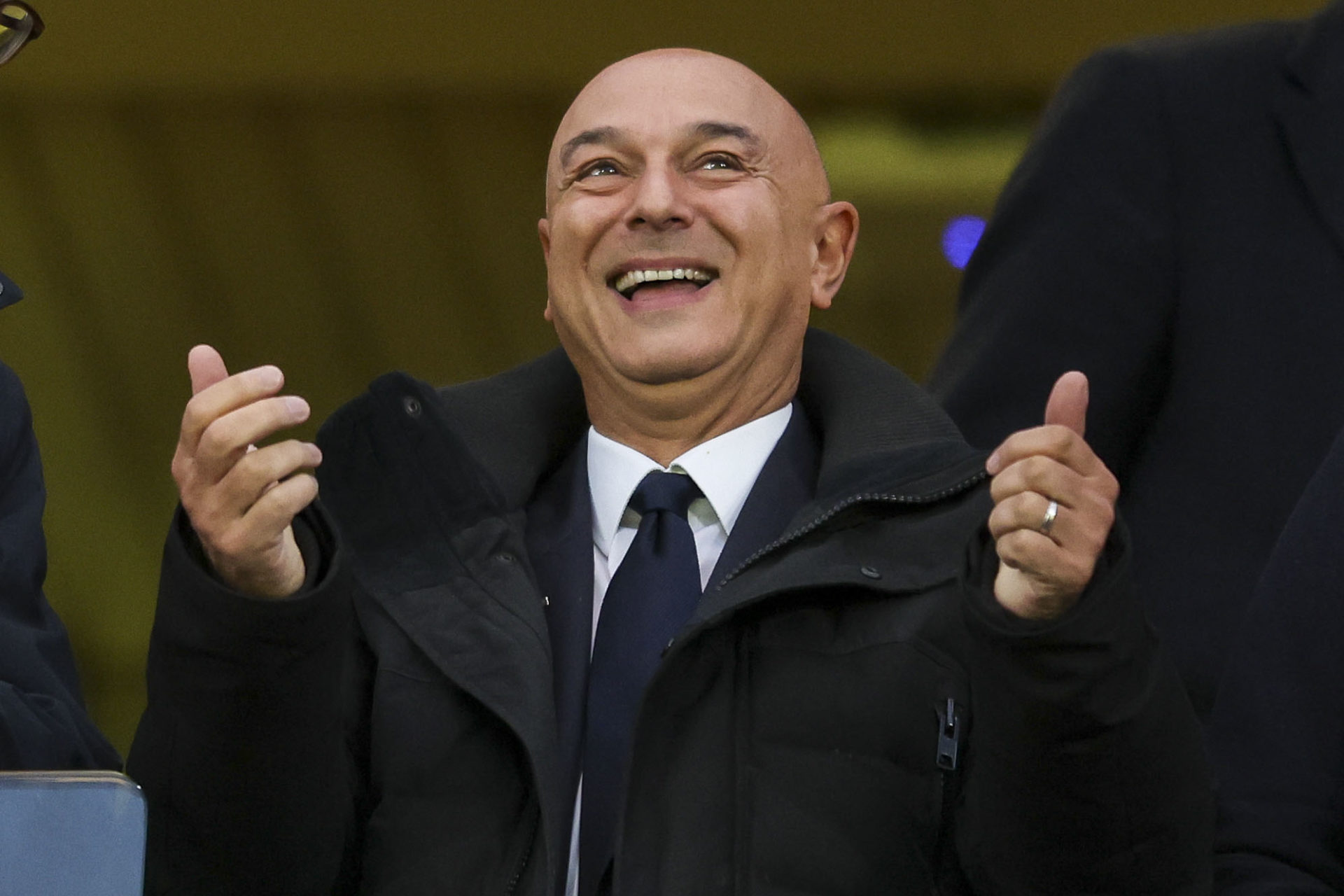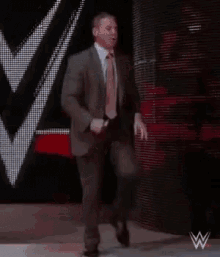And still do, our fan fanbase is not full of winners."We cannot continue to compete for major trophies while spending small money "
Mauricio Pochettino
We then became the first club in any major European league to spend £0.00p in a summer transfer window.
Then backed it up by spending £0.00p in the following transfer window! .
Poch wanted to Win.
Levy was just happy to have his snout in the trough and make money.
Most of our fans backed Levy
-
The Fighting Cock is a forum for fans of Tottenham Hotspur Football Club. Here you can discuss Spurs latest matches, our squad, tactics and any transfer news surrounding the club. Registration gives you access to all our forums (including 'Off Topic' discussion) and removes most of the adverts (you can remove them all via an account upgrade). You're here now, you might as well...
You are using an out of date browser. It may not display this or other websites correctly.
You should upgrade or use an alternative browser.
You should upgrade or use an alternative browser.
Management Levy / ENIC
- Thread starter The Fighting Cock
- Start date
Latest Spurs videos from Sky Sports
Same fan base lauded for wanting to lose to Citeh?

Tottenham to smash £228m record as two more off-pitch deals confirmed in last 24 hours
Wow. 🤯
You’ll never sing that…

Tottenham to smash £228m record as two more off-pitch deals confirmed in last 24 hours
Wow. 🤯tbrfootball.com
You’ll never sing that…
So we can be confident of finally getting the Hotel deal over the line
So we can be confident of finally getting the Hotel deal over the line
I know you live for these moments. Go and have a celebratory beer!
I know you live for these moments. Go and have a celebratory beer!
I'm out on a stag night tomorrow. Cant wait to show the Gooners and Chavs in the party

Fuckin 'Ave it
That is what ENIC Real estate and property management is about, football is a secondary part, sure everyone knows this.So we can be confident of finally getting the Hotel deal over the line
The second line of that will piss a few off
Tottenham to smash £228m record as two more off-pitch deals confirmed in last 24 hours
Wow. 🤯tbrfootball.com
You’ll never sing that…
Spurs are often considered the best run club in the Premier League, especially among the upper echelons of the game.
I know. Rival fans must be really jealous. I but they'd all swap their trophies and titles for 25 years of ENIC in a heartbeatThe second line of that will piss a few off
Spurs are often considered the best run club in the Premier League, especially among the upper echelons of the game.
The second line of that will piss a few off
Spurs are often considered the best run club in the Premier League, especially among the upper echelons of the game.
"Spurs are often considered the best run COMPANY in the Premier League, especially among the upper echelons of the game"
Fixed it.

I'll tell my grandchildren about this dealSo we can be confident of finally getting the Hotel deal over the line
Your grandchildrens grandchildren, will still be waiting for a successful spurs team.
One of my daughters is at the stadium this evening for Pink.
Cocktails being served at Beavertown and £7.20 for a pint of Heineken.

Cocktails being served at Beavertown and £7.20 for a pint of Heineken.

One of my daughters is at the stadium this evening for Pink.
Cocktails being served at Beavertown and £7.20 for a pint of Heineken.

It was £9.50 for a pint at the O2 for Liam Gallagher
Yeah but they're bound to charge him more, they know he's rich.

Anyone who goes to see him in concert deserves everything they get!!
I’m not sure where this belongs, so please forgive if in the wrong place.
I’m reading the book “Glory, Glory Gone”. The first section lightly touches on the period pre & post Double winners.
The author points out that until 61 Spurs spent big ( and well ) as did most of the bigger clubs but there was a wage cap in place. Once it was removed, Spurs lost their advantage and were unwilling or unable to spend on wages the way other clubs started to do.
Spurs were arguably the last club to succeed based on coaching and tactics alone as the double came under wage restraint.
As the club moved through the 60’s and into the 70’s they could not compete with the wages ( or would not ) and the claim is that Nicholson would not take part in the bung culture, that became ever more relevant in tipping a balance.
Move into modern day football, and it’s Spurs and Levy who most want FFP ( and I am sure a wage cap ).
The evidence seems to be clear, the higher the wages ( and win bonuses ) the more premium players you get and the more likely you are to win.
Not drawing much in the way of conclusions other than to think, that perhaps there is no escape from the reality that money is the most impactful part of football overall at elite level, the bigger clubs, pay the bigger wages and more often than not win, and it’s been this way always in modern football ( obvious maybe )
It’s a good read, hope others can get a chance to read it.
I’m reading the book “Glory, Glory Gone”. The first section lightly touches on the period pre & post Double winners.
The author points out that until 61 Spurs spent big ( and well ) as did most of the bigger clubs but there was a wage cap in place. Once it was removed, Spurs lost their advantage and were unwilling or unable to spend on wages the way other clubs started to do.
Spurs were arguably the last club to succeed based on coaching and tactics alone as the double came under wage restraint.
As the club moved through the 60’s and into the 70’s they could not compete with the wages ( or would not ) and the claim is that Nicholson would not take part in the bung culture, that became ever more relevant in tipping a balance.
Move into modern day football, and it’s Spurs and Levy who most want FFP ( and I am sure a wage cap ).
The evidence seems to be clear, the higher the wages ( and win bonuses ) the more premium players you get and the more likely you are to win.
Not drawing much in the way of conclusions other than to think, that perhaps there is no escape from the reality that money is the most impactful part of football overall at elite level, the bigger clubs, pay the bigger wages and more often than not win, and it’s been this way always in modern football ( obvious maybe )
It’s a good read, hope others can get a chance to read it.
Been that way since the game first went professional, in truth. And even shortly before, when company teams started hiring ringers to play on their teams.I’m not sure where this belongs, so please forgive if in the wrong place.
I’m reading the book “Glory, Glory Gone”. The first section lightly touches on the period pre & post Double winners.
The author points out that until 61 Spurs spent big ( and well ) as did most of the bigger clubs but there was a wage cap in place. Once it was removed, Spurs lost their advantage and were unwilling or unable to spend on wages the way other clubs started to do.
Spurs were arguably the last club to succeed based on coaching and tactics alone as the double came under wage restraint.
As the club moved through the 60’s and into the 70’s they could not compete with the wages ( or would not ) and the claim is that Nicholson would not take part in the bung culture, that became ever more relevant in tipping a balance.
Move into modern day football, and it’s Spurs and Levy who most want FFP ( and I am sure a wage cap ).
The evidence seems to be clear, the higher the wages ( and win bonuses ) the more premium players you get and the more likely you are to win.
Not drawing much in the way of conclusions other than to think, that perhaps there is no escape from the reality that money is the most impactful part of football overall at elite level, the bigger clubs, pay the bigger wages and more often than not win, and it’s been this way always in modern football ( obvious maybe )
It’s a good read, hope others can get a chance to read it.
The only way to fix it and make it about coaching, tactics, and player development is to make the money equal. Other professional sports leagues have sussed this decades ago, but you have to give up the romanticism of the pyramid.
I've read this book and posted about it on here. Very good read.I’m not sure where this belongs, so please forgive if in the wrong place.
I’m reading the book “Glory, Glory Gone”. The first section lightly touches on the period pre & post Double winners.
The author points out that until 61 Spurs spent big ( and well ) as did most of the bigger clubs but there was a wage cap in place. Once it was removed, Spurs lost their advantage and were unwilling or unable to spend on wages the way other clubs started to do.
Spurs were arguably the last club to succeed based on coaching and tactics alone as the double came under wage restraint.
As the club moved through the 60’s and into the 70’s they could not compete with the wages ( or would not ) and the claim is that Nicholson would not take part in the bung culture, that became ever more relevant in tipping a balance.
Move into modern day football, and it’s Spurs and Levy who most want FFP ( and I am sure a wage cap ).
The evidence seems to be clear, the higher the wages ( and win bonuses ) the more premium players you get and the more likely you are to win.
Not drawing much in the way of conclusions other than to think, that perhaps there is no escape from the reality that money is the most impactful part of football overall at elite level, the bigger clubs, pay the bigger wages and more often than not win, and it’s been this way always in modern football ( obvious maybe )
It’s a good read, hope others can get a chance to read it.
I don't think player wages is everything. Ndombele was on £200k a week but that didn't suddenly transform him into our best player. Some players actually produce better performances when they have an incentive to play for more money and once they've got that money, they're done.
I actually found the period of our longest trophy drought (1921-1951) to have the most similarities with the ENIC model. We spent most of our money on stadium development to the neglect of the team and the best playing and coaching talent was either sold in haste, forced to leave or sacked.
